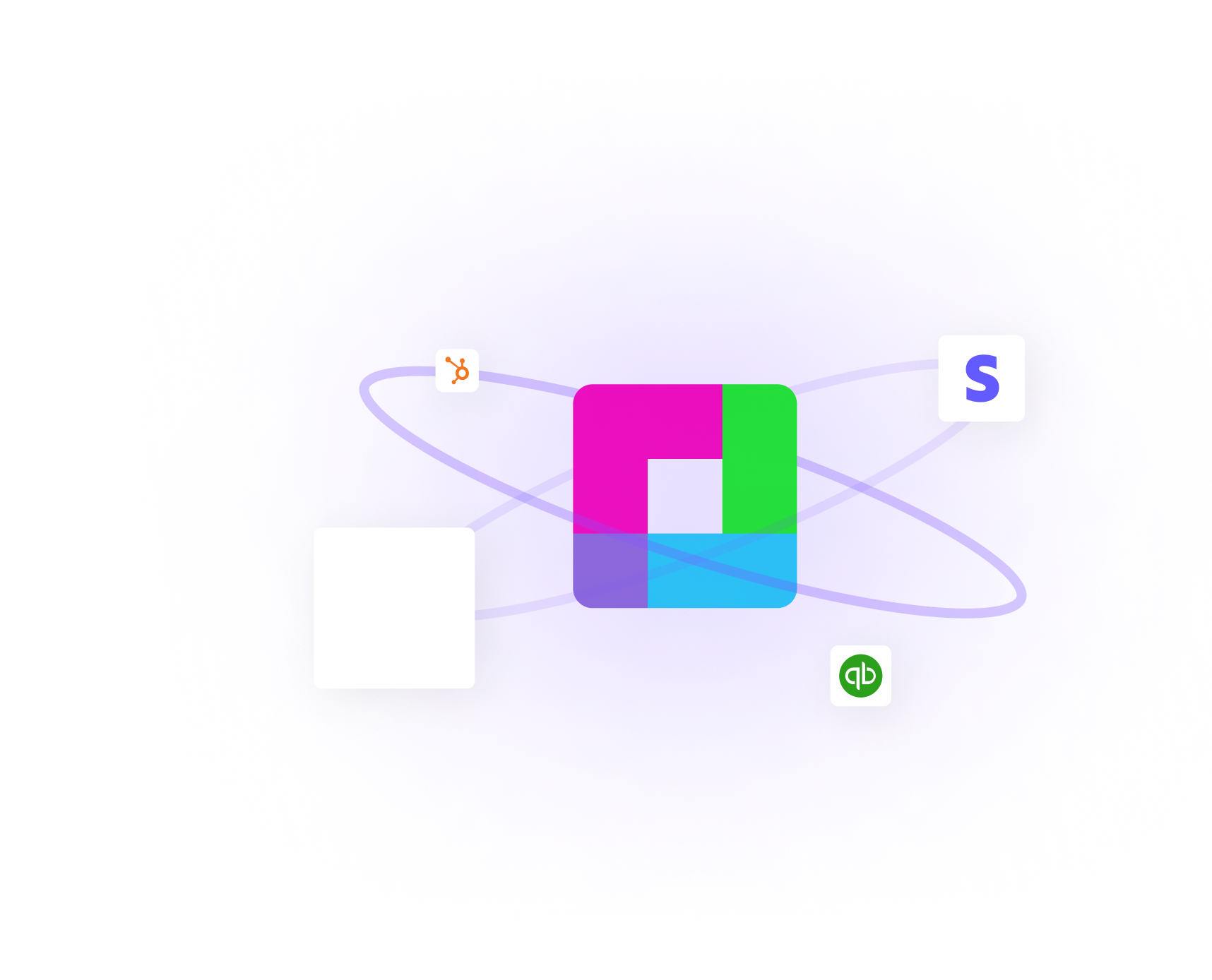
Overview
As the digital world continues to evolve, extracting, transforming, and loading (ETL) data has become crucial for organizations to derive meaningful insights from their repositories, including those on GitHub. ETL processes enable businesses to consolidate, analyze, and utilize their GitHub data for a multitude of purposes, from identifying key contributors and trends to ensuring compliance and enhancing business intelligence. Specifically, ETL can be invaluable when organizing git data into spreadsheets, providing a structured and accessible format for further analysis or reporting. On this page, we'll delve into the intricacies of git, explore various ETL tools designed for git data, and discuss the numerous use cases for employing ETL with git data. Additionally, we'll introduce an alternative to traditional ETL methods, known as Sourcetable, which streamlines the data handling process. Lastly, we'll address common questions about executing ETL processes with git data, equipping you with the knowledge to harness the full potential of your data assets.
What is Git?
Git is a free and open source distributed version control system designed to handle everything from small to very large projects with speed and efficiency. It streamlines the process of working with other developers, making it easy to collaborate on projects of any size. With its tiny footprint and fast performance, Git is optimized for performance, even in large-scale projects.
One of the key features of Git is its support for cheap local branching, which allows developers to easily create and manage branches in their local environment. Additionally, Git offers convenient staging areas, enabling precise control over what changes go into the next commit. This flexibility supports multiple workflows, catering to the varied needs of different projects and teams.
Git’s latest source release, version 2.43, continues to provide the robust and reliable service that users have come to expect. Whether it's used on its own or with hosting services like GitHub, Git remains an integral tool in the modern developer's toolkit.
ETL Tools for Git
There are many ETL frameworks, libraries, and software available for various purposes, including working with version control systems like Git. ETL, which stands for Extract, Transform, Load, is a process that involves extracting data from different sources, transforming it into a suitable format, and loading it into a destination system. When integrated with tools like Git, ETL can facilitate better data management and automation in software development workflows.
Streamline Your ETL Process with Sourcetable
For individuals and organizations looking to extract, transform, and load (ETL) data from git repositories, Sourcetable offers a compelling alternative to third-party ETL tools or the complex process of building an ETL solution from scratch. By leveraging Sourcetable's ability to sync live data from various applications or databases, users gain access to a seamless integration with git, ensuring that data is consistently up-to-date and accurate.
Sourcetable stands out by providing an intuitive spreadsheet-like interface which simplifies the data query process, making it accessible for users with varying levels of technical expertise. This user-friendly approach to data management eliminates the steep learning curve often associated with traditional ETL tools or custom-built solutions, allowing users to focus on analysis and insights rather than the intricacies of data integration. Additionally, Sourcetable's automation capabilities ensure that repetitive and time-consuming tasks are minimized, enhancing efficiency and allowing users to concentrate on strategic business intelligence activities.
Common Use Cases
-
Commit SQL queries, database notes, and technical documentation into a repositoryG
-
Track and version-control ETL project changesG
-
Collaborate on ETL development within a team using branching and mergingG
-
Review historical changes and revert to previous versions if necessaryG
-
Centralize ETL codebase for easier management and deployment strategiesG
Frequently Asked Questions
What does ETL stand for in the context of data integration?
ETL stands for Extract, Transform, Load. It is the process of extracting data from source systems, transforming it to fit operational needs, and loading it into a target database or data warehouse.
Can ETL tools handle data extraction from sources like GitHub?
Yes, ETL tools such as Airbyte, Fivetran, StitchData, Matillion, and Talend Data Integration can extract data from GitHub and various other sources.
What is the difference between ETL and ELT tools?
The main difference is the order of operations. ETL stands for Extract, Transform, Load, where data is transformed before being loaded into the target system. ELT stands for Extract, Load, Transform, where data is loaded into the target system and then transformed.
Are ETL tools suitable for batch processing?
Yes, ETL tools are used for batch processing, where they handle large volumes of data that is collected over a period of time and then processed all at once.
Do ETL tools support data schemas and the organization of tables?
Yes, ETL tools work with data schemas to organize fact and dimension tables, which are used to store measurements and attributes about business processes.
Conclusion
In the dynamic realm of data management, ETL and ELT tools like Airbyte, Fivetran, Stitch, Matillion, and Talend have revolutionized the way companies extract, transform, and load data from GitHub and other sources into their data warehouses and lakes. With these tools, businesses gain enhanced data management capabilities, the agility to process large and diverse data sets, and the flexibility to adapt to modern data transformation needs. Whether you're looking to integrate GitHub data for business intelligence, compliance, or performance optimization, these platforms offer a plethora of features, from open-source flexibility and a vast array of connectors to managed services and self-hosted solutions. However, if you're looking for a more accessible and straightforward approach to ETL processes, consider Sourcetable. It simplifies the ETL into spreadsheets, providing a user-friendly interface without compromising on functionality. Sign up for Sourcetable today and start harnessing the power of your GitHub data effortlessly.




